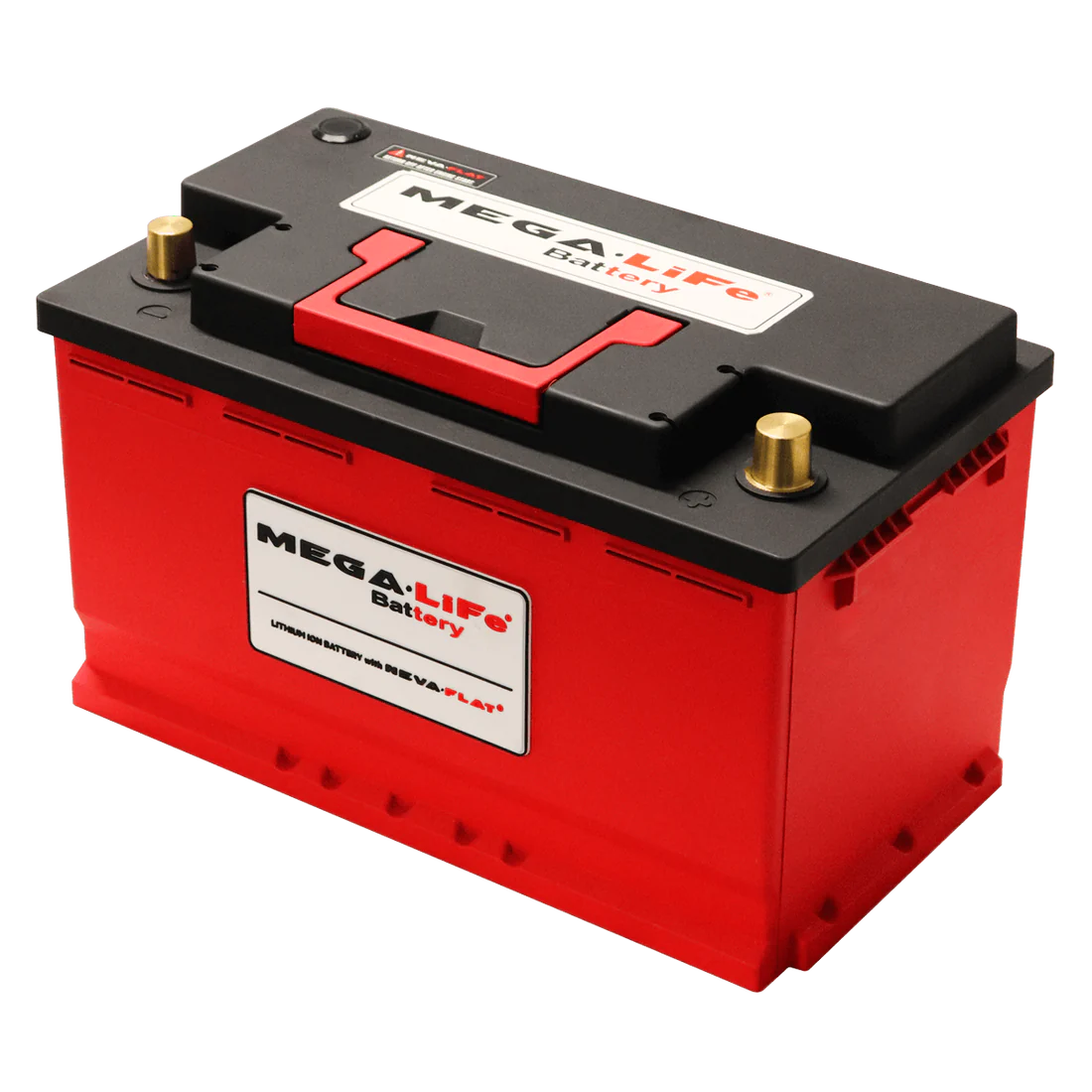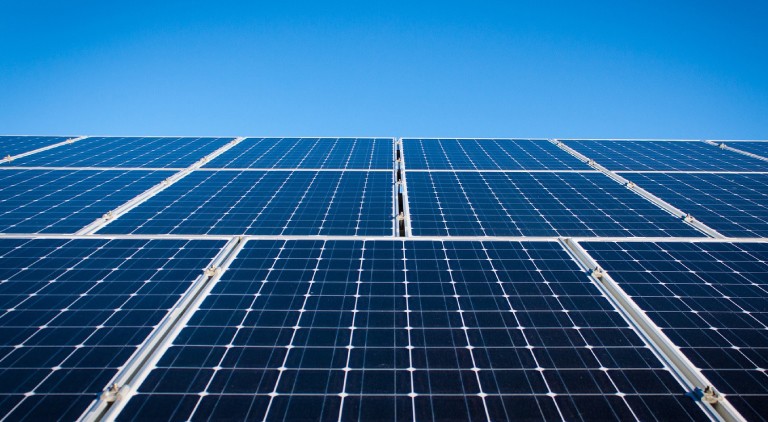N Type Panel
What are N Type Solar Panels?
N-type solar panels are a type of photovoltaic technology that utilizes silicon doped with elements such as phosphorus and boron to create a more efficient solar cell. This topic explores the characteristics of N-type solar panels, their technological advantages, and their potential applications in the renewable energy landscape.
Technology Behind N type Panels
- N-type solar panels are constructed using a silicon wafer doped with impurities, resulting in a negatively charged layer on one side and a positively charged layer on the other.
- The use of N-type silicon reduces impurities and defects in the crystal structure, leading to higher efficiency and better performance in various environmental conditions.
- Passivation techniques, such as atomic layer deposition (ALD), are often employed to further enhance cell efficiency by minimizing surface recombination losses
Advanatages of N type Solar Panels
- Higher Efficiency: N-type solar cells typically exhibit higher conversion efficiencies compared to traditional P-type cells, especially at elevated temperatures and low light conditions.
- Improved Durability: The intrinsic properties of N-type silicon result in reduced degradation over time, leading to longer-lasting and more reliable solar panels.
- Lower Degradation Rates: N-type solar panels experience lower degradation rates due to reduced sensitivity to common sources of degradation, such as light-induced degradation (LID) and potential-induced degradation (PID).
Application of N Type Solar Panels
- Residential Installations: N-type solar panels are suitable for residential rooftops, where space efficiency and long-term performance are critical considerations.
- Commercial and Industrial Projects: The higher efficiency and durability of N-type panels make them attractive options for commercial and industrial-scale solar installations, where maximizing energy output and minimizing maintenance costs are priorities.
- Utility-Scale Solar Farms: Large-scale solar projects can benefit from the enhanced performance and reliability of N-type panels, resulting in higher energy yields and lower levelized cost of electricity (LCOE).






